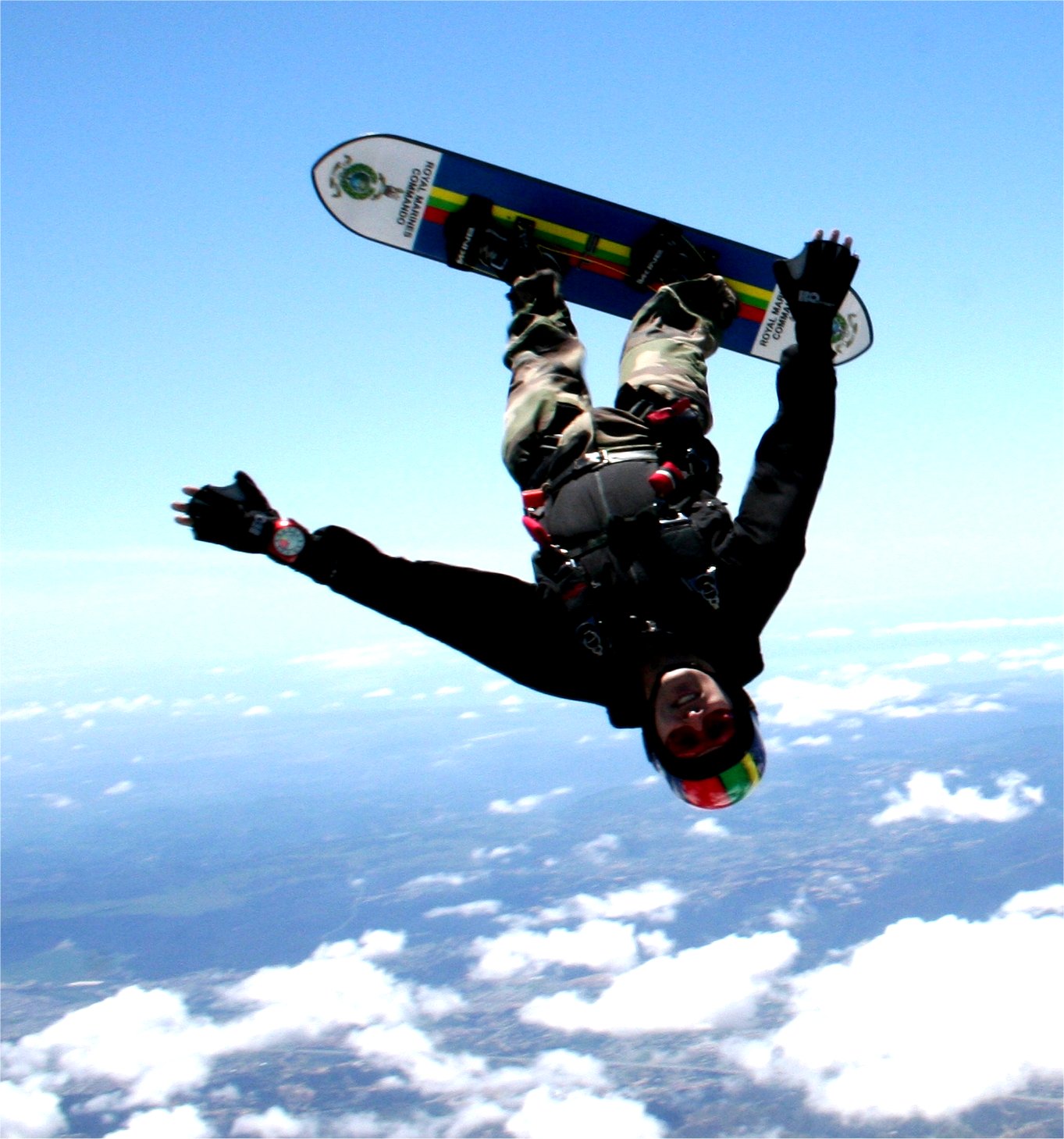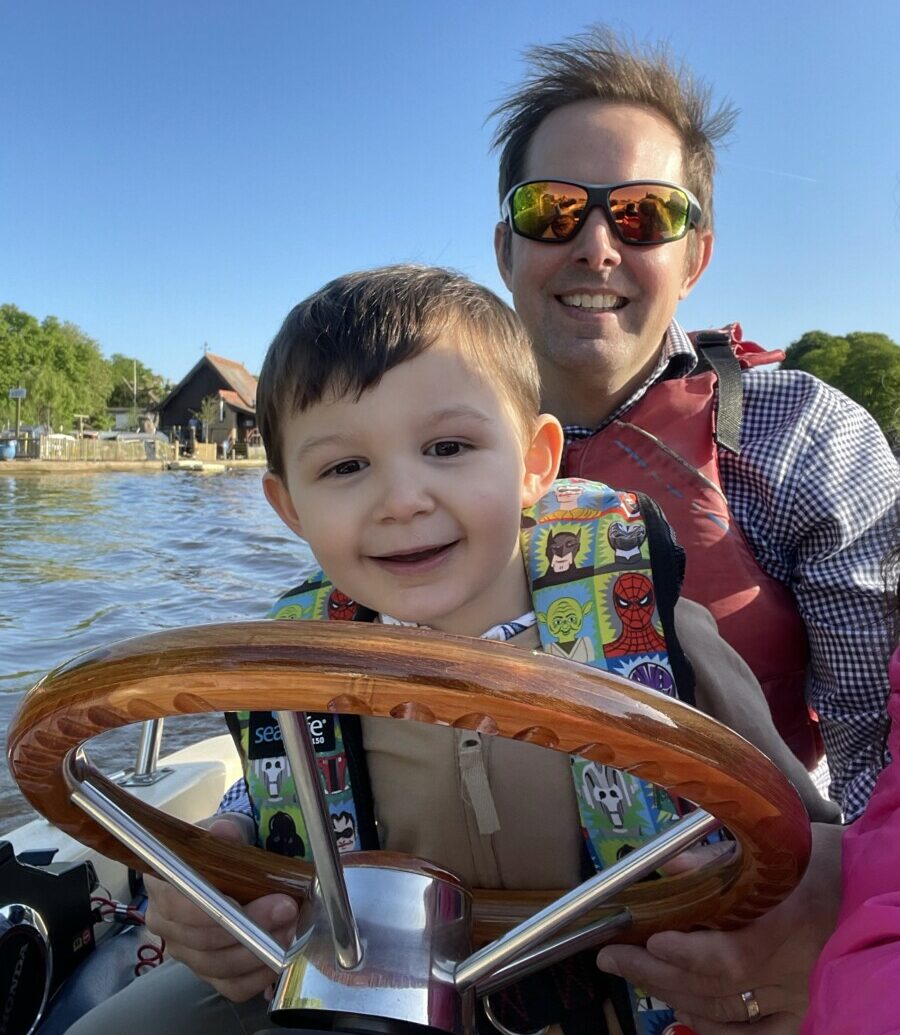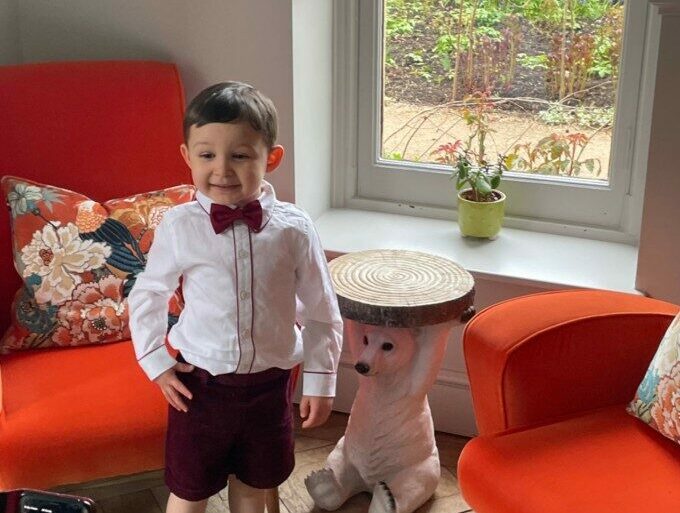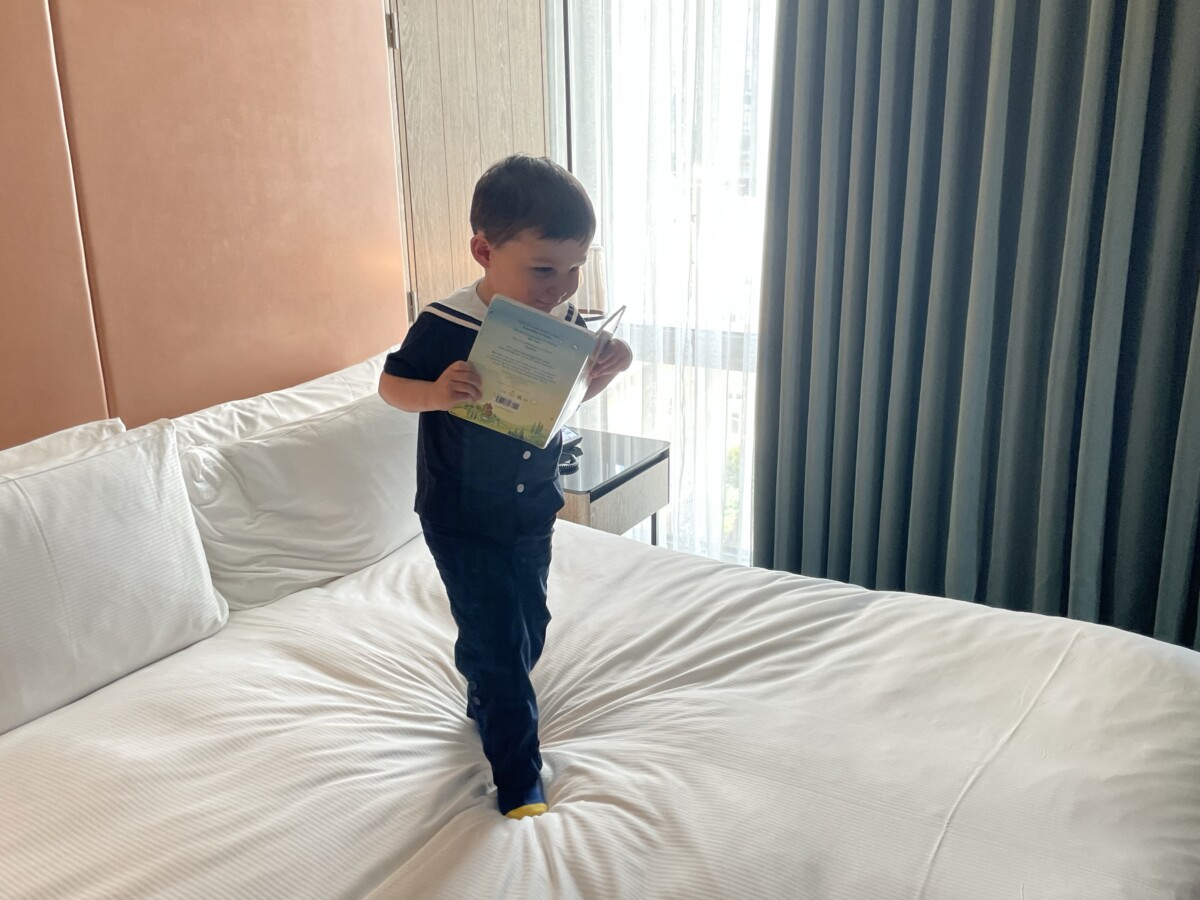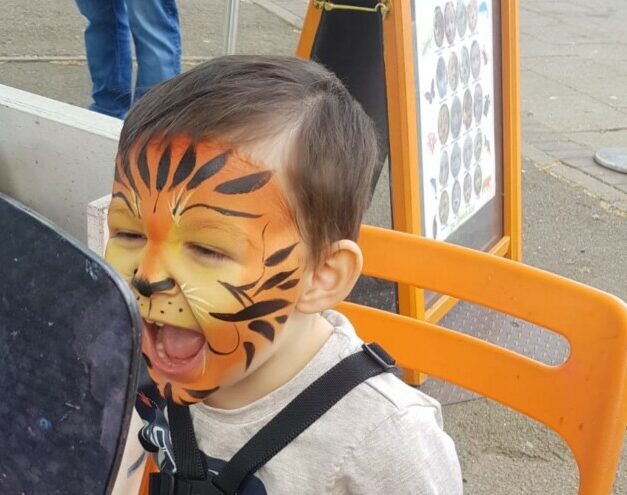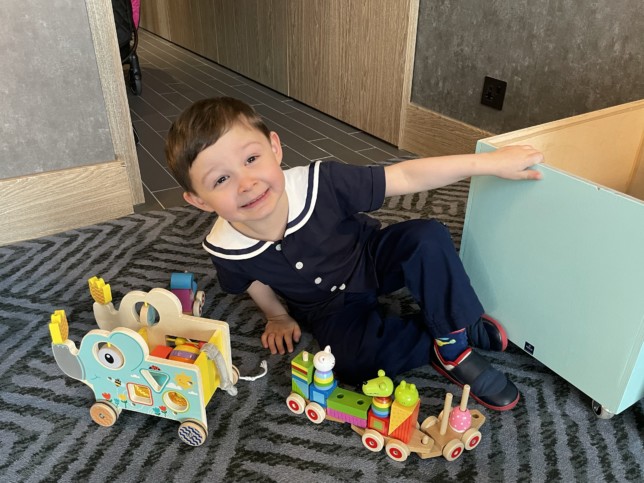Should I Go on Reality TV, or Will It Damage My Mental Health?
Reality television’s allure is undeniable, offering the tantalising promise of instant fame, storytelling opportunities, and potential career shifts. Yet, the reality behind the camera often involves a complex aftermath, encompassing stress before, during, and after filming, as well as intense social media scrutiny. So, for those pondering, “Should I go on reality TV, or will it damage my mental health?”, a deeper exploration is necessary. While envisioning yourself in the show’s final cut, it’s crucial to consider the long-term mental health implications when the cameras stop rolling.

What Happens in Your Brain When Considering Reality TV
When faced with significant decisions, especially those involving risks and rewards, various brain regions come into play. Here’s how key areas of the brain interact during the decision-making process for reality TV:
- The Safety Crew (Amygdala and Prefrontal Cortex)
Your brain’s “Safety Crew,” led by the amygdala, acts as an alert system, flagging potential threats. Entering reality TV might trigger these alarms, as the brain recognises risks like public scrutiny and online trolling. The Safety Crew, including the prefrontal cortex, assesses these risks, often leading to fear-based thoughts and hesitation. This part of your brain focuses on protection, urging you to consider whether your mental health can withstand the potential fallout.
- The Opportunity Scouts (Ventral Striatum and Prefrontal Cortex)
The “Opportunity Scouts,” involving the ventral striatum, your brain’s reward centre, weigh potential gains such as fame, career advancement, or personal satisfaction. Reality TV offers these rewards, and the Opportunity Scouts help identify positive possibilities. If inclined towards creativity, entertainment, or social recognition, this brain area might make reality TV appear as the ultimate opportunity. However, it may overlook long-term emotional costs, focusing instead on excitement and potential gains.
- Logic Crew (Dorsolateral Prefrontal Cortex)
The Logic Crew, in the dorsolateral prefrontal cortex, is vital for rational decision-making. It balances risks highlighted by the Safety Crew with rewards from the Opportunity Scouts. This brain area encourages consideration of practical aspects like financial security, public perception, and career trajectory. It helps answer questions such as: Is short-term fame worth potential long-term mental health impacts? Will the experience align with my goals?

Potential Mental Health Impacts of Reality TV
Let’s explore how reality TV could affect mental health, especially if the brain’s Safety Crew and Logic Crew aren’t fully engaged.
-
Post-Show Vulnerability: After the show, reality TV’s impact can linger, with contestants facing emotional challenges when out of the limelight. Contestants are put into situations that can make existing insecurities come to the forefront with no mechanism to stop the fallout of those feelings. Without strong mental health support, this transition can be difficult.
-
Tolls of Public Scrutiny: Reality TV often involves “constructive criticism” but can lead to outright trolling. Contestants face critiques of their personalities, bodies, and decisions, which can impact self-worth and identity, potentially leading to anxiety or depression.
-
Navigating Highs and Lows: Reality TV fame offers instant gratification, but the rollercoaster of highs and lows can strain mental health. The Logic Crew may struggle to maintain balance, making post-show life challenging.

Action Points for Protecting Mental Health in Reality TV
If considering reality TV, here are steps to protect your mental health:
-
Evaluate Resilience and Support Systems: Ask if you have the emotional resilience for public scrutiny and a strong support system. Consulting a therapist before and after the show can provide coping tools for emotional highs and lows.
-
Clarify Goals and Set Boundaries: Enter reality TV with clear goals and boundaries regarding self-exposure. Communicate these with producers or trusted friends and family.
-
Secure Post-Show Aftercare Options: Some shows offer mental health resources post-filming. If not, find a therapist to help process the experience. Plan downtime to adjust from media attention back to daily life.
-
Limit Social Media Exposure: Set boundaries on platforms like Instagram, Twitter, or TikTok to avoid criticism. Maintain healthy digital habits, and consider delegating social media management.
-
Build a Long-Term Plan Beyond the Show: Use reality TV as a stepping stone, not an endpoint. Leverage exposure for stable, fulfilling paths like business, advocacy, or creative work. Stay connected with castmates or mentors for support.
Final Thoughts
Joining a reality show doesn’t have to be a choice between mental health and fame. With preparation, support, and a balanced mindset, you can make the experience work without sacrificing well-being. Remember, the real story often unfolds long after the season finale. Prioritising mental health alongside excitement ensures resilience on and off the screen.
-
Solve It In 60From confusion to clarity in just one structured call
-
£175
-
> 10 Years Coaching Experience
-
Multi Decision
-
60-Minute Call Duration
-
Situation Statement
-
Follow Up Email
-
Suggested Answer
-
Goal GettersStay on track for long-term success
-
£297/month
-
> 6 Years Coaching Experience
-
1-Hour Coaching Call Every Month
-
60 Days Coaching Duration
-
3 Touchpoints Per Week
-
Online Coaching Feed
-
Free Online Course & Metrics
-
Quick DiveMove forward with purpose
-
From £80
-
7 days of online coaching feed
-
20 minutes of live calls included
-
Up to 5 touchpoints
-
£80 with Associate Coach
-
£125 with Senior Coach
-
£215 with Head Coach
-
Deep DiveMaster the art of getting things done
-
From £125
-
14 days of online coaching feed
-
30 minutes of live calls included
-
Up to 10 touchpoints
-
£125 with Associate Coach
-
£170 with Senior Coach
-
£260 with Head Coach








